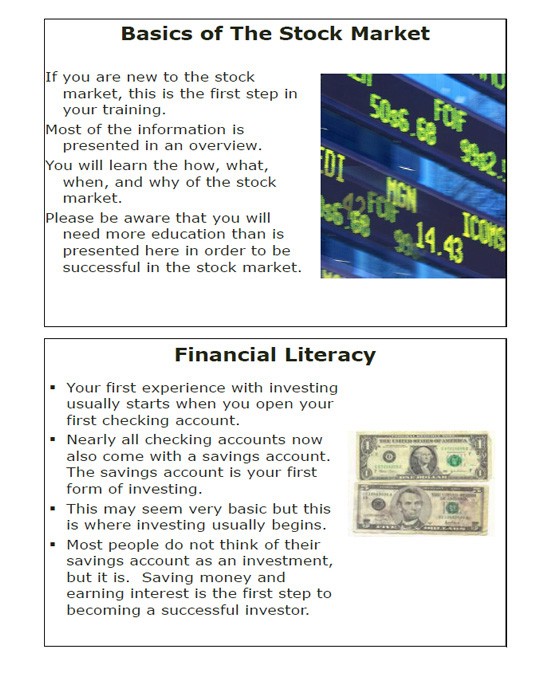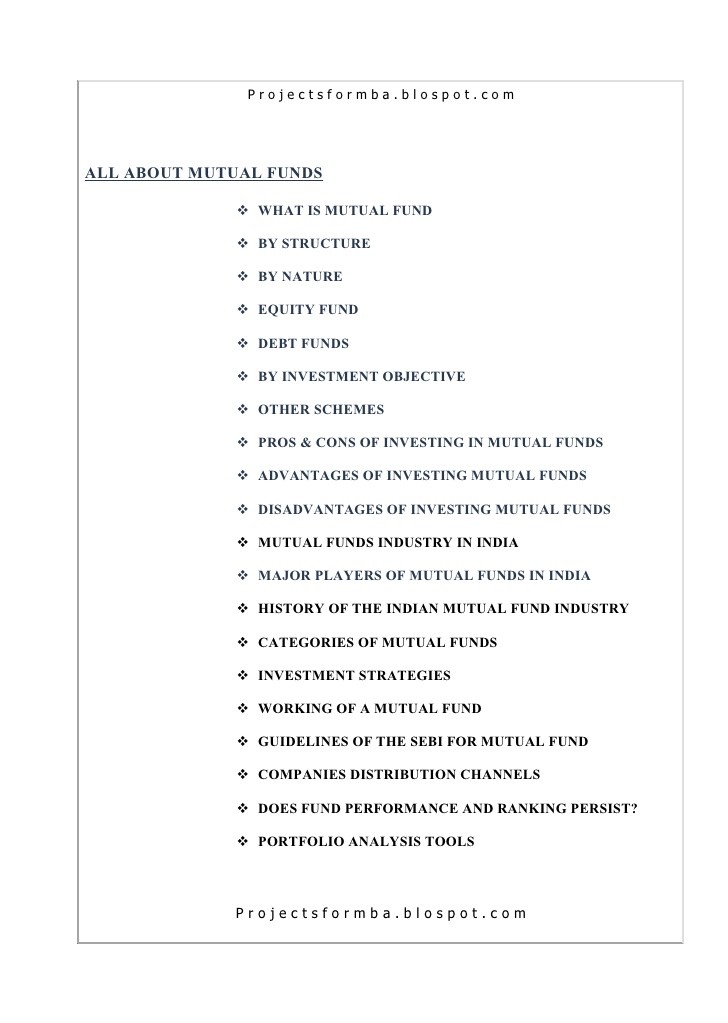Pros and Cons of Investing in Mutual Funds
Post on: 21 Июль, 2015 No Comment

I’m sure you’ve heard of mutual funds—they’re a staple in the investing world. But do you understand how they work? I’ll lay out the pros and cons of investing in mutual funds so you know whether they’re a good investment for you.
What Are Mutual Funds?
Mutual funds are professionally managed investments which combine money from individuals and institutions to buy and sell a variety of securities, like stocks, bonds, precious metals, currencies, real estate, and other investments. Mutual funds must be registered with the Securities and Exchange Commission (SEC) and the fund manager must be a Registered Investment Advisor (RIA).
The underlying investments that a mutual fund owns are called its portfolio. Each investor purchases a number of shares, or portions of the total portfolio through a broker or directly from the mutual fund family. A few highly regarded mutual fund families are Vanguard. Fidelity. and BlackRock.
The Pros of Investing in Mutual Funds
Here are 4 major benefits of owning mutual fund shares:
- Convenience – Mutual funds are an easy way for the average investor to buy investments which would be too complex to manage on their own.
- Diversification – Mutual funds can own thousands of individual securities that span across various asset classes and industry sectors, which gives investors broad diversification.
- Professional management Mutual funds differ from index funds in that they are managed by experienced industry professionals who follow the fund’s stated investment objectives with oversight from the federal government.
- Investment size – You can invest small or large amounts of money in mutual funds, even if you don’t have much financial or investing experience.

The Cons of Investing in Mutual Funds
The advantages are great, but also be aware of these 4 important disadvantages of owning mutual funds:
- Fees Mutual funds can be expensive to manage, therefore they charge investors sales commissions (which are called loads) and annual fees regardless of performance. Instead of buying mutual funds through a broker, you can minimize fees by purchasing shares directly from a fund family.
- Share price calculation – Mutual fund share prices are only calculated and made public once per day. (Stock prices are updated throughout the day, allowing you to take advantage of market movement, if you trade frequently.) Since each mutual fund share is made up of multiple investments, the price depends on the net asset value (NAV) of all the underlying securities. Therefore, if you put in a buy or sell order for a mutual fund, the price isnt set until the official end of the market day.
- Capital gains Mutual funds must distribute capital gains to their shareholders, regardless how long you’ve owned the shares. However, if you own individual securities (instead of mutual funds), you can control when you sell the investments, making it easier to control your capital gains taxes (long term capital gains are taxed at a lower rate than short term capital gains).
- Phantom gains – Mutual funds that need to raise cash can sell profitable investments and create capital gains for investors, even if the fund has performed poorly. This means you can lose money on an investment in a mutual fund but still end up owing taxes! As I mentioned above, capital gains in a mutual fund get passed along to its investors.
How to Reduce Taxes on a Mutual Fund
One way to reduce taxes on a mutual fund is to own it inside a retirement account—like a traditional IRA or 401(k). That’s because you don’t pay tax on contributions until you take withdrawals. At that time, you’ll pay tax on the distributions from the account as ordinary income, not as capital gains.
Another option to cut your taxes on mutual fund shares is to own them inside a Roth IRA or Roth 401(k). You pay taxes on your income before you make a Roth contribution and then take tax-free withdrawals in retirement. This means owning mutual funds inside a Roth can completely eliminate taxes on mutual fund distributions.
IRS Publication 550, Investment Income and Expenses contains more detailed information regarding mutual funds and how they are taxed.
Compare Mutual Fund Expense Ratios
When choosing mutual funds, be sure to compare expense ratios. The total expense ratio (TER) equals all the fees and fund expenses divided by the average net assets. High expense ratios reduce the return you earn from a mutual fund. Researchers have found that the best way to maximize profit from a mutual fund is to reduce the fees you pay by choosing no-load funds that offer low expense ratios.














